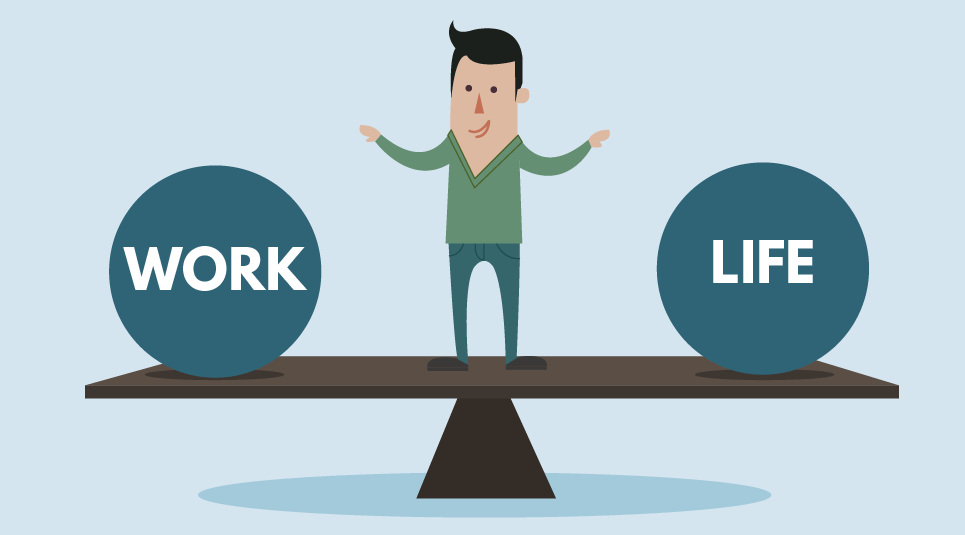Work-Life Balance doesn’t necessarily mean fewer hours at work. It is about people feeling satisfied by having an extent of control over how, when and where they work, how they can manage their time and stuffs they want and need to do. This balance is achieved when an individual’s right to a fulfilled life inside and outside paid work is accepted and respected as a norm, to the mutual benefit of the individual, business and society. The key aspect of work-life balance only from an employer’s viewpoint is numerous. They are of importance because providing an employee with a balanced work-life existence is for the employer and employee.… Read the rest
Human Resource Management
Human Resource Management (HRM) is branch of management that deals with people at work, it is concerned with the human dimensions of management of the organization. As organization consists of people, therefore acquiring them, developing their skills, providing them motivation in order to attain higher goal and ensuring that the level of commitment is maintained are the important activities.
Work-Life Balance – Definition, Significance and Importance
Work-life balance is a very broader term in Human Resource Management and often referred to finding the right equilibrium between the different aspects and roles in a life of a person. Although there are different views and concepts about work-life balance but it is generally coupled with maintaining an overall balance in different aspects of life.
During the last decade technological revolution has stormed all aspects of life and there were different debates about the future of work. Different scenarios predicted a rising trend in un-employment and economic insecurity. Industrial restructuring and emergence of latest technology no only affected the importance of workforce but it was also felt that employees will be treated as superfluous overheads.… Read the rest
Nepotism in the Workplace
Nepotism can be defined as the practice of making employment decisions on the basis of relationship. It can also be defined as hiring or promoting a relative or friend, even if there are other qualified candidates for the position. Nepotism at work refers to favoring relatives in employment or economic terms as opposed to them being judged on ability and/or merit in a specific organisation. This could include a position over somebody else who may be more suitable for the position, whereby the organization would be paying a relative more money than somebody doing the same job or granting them special favors.… Read the rest
Emotional Intelligence is more Important than Cognitive Intelligence
In real workplaces, people have to learn how to work in a group but the first thing that the individual should learn is how to control their emotions. Emotion is an influential factor in teamwork, cooperation and in the process of helping people. As workers perform their work within a good cooperation, they can build up the reputation of a corporate beside the ethical behavior of themselves. Normally individuals contribute necessary energy for organizational emotional intelligence. Sometimes, there will be a conflict among team member and this may slow down the process of work. If all individuals in the group can each control their emotion, this situation will not happen.… Read the rest
Hogan Personality Inventory (HPI) Assessment
Personality tests can have huge benefits for both organisations and the individuals. It can help management with employee selection and employee development and they can help individuals to identify areas of themselves which need improving. The practical nature of these tests can help to weed out unsuitable candidates quickly and easily and it is also a form of selection which can stand up in court. The Hogan Personality Inventory (HPI) itself is a well known and trusted brand of test, due to the model which it is based on and the amount of working adults it is normed on.
The Hogan Personality Inventory is a personality test which is a measure of normal personality and is used to predict job performance.… Read the rest
Talent Retention Best Practices
Talent retention is not a new problem, but it seems to be ever more critical. The question of attracting the brightest and best talents is a key issue for successful companies. Today with large signing bonuses and very attractive salaries and benefits, the more perplexing question is how to best build the loyalty of the talented people. The more talents organizations retain, the more talents they’ll attract.
Organizations should focus on designing a sustainable career package that supports a graduate’s continuous professional and personal development. It is important that an organization keeps track of each individual’s changing needs and priorities. This will be down to the job of a coach or a mentor who should carry the long-term and important responsibility of coaching and mentoring the graduates.… Read the rest



